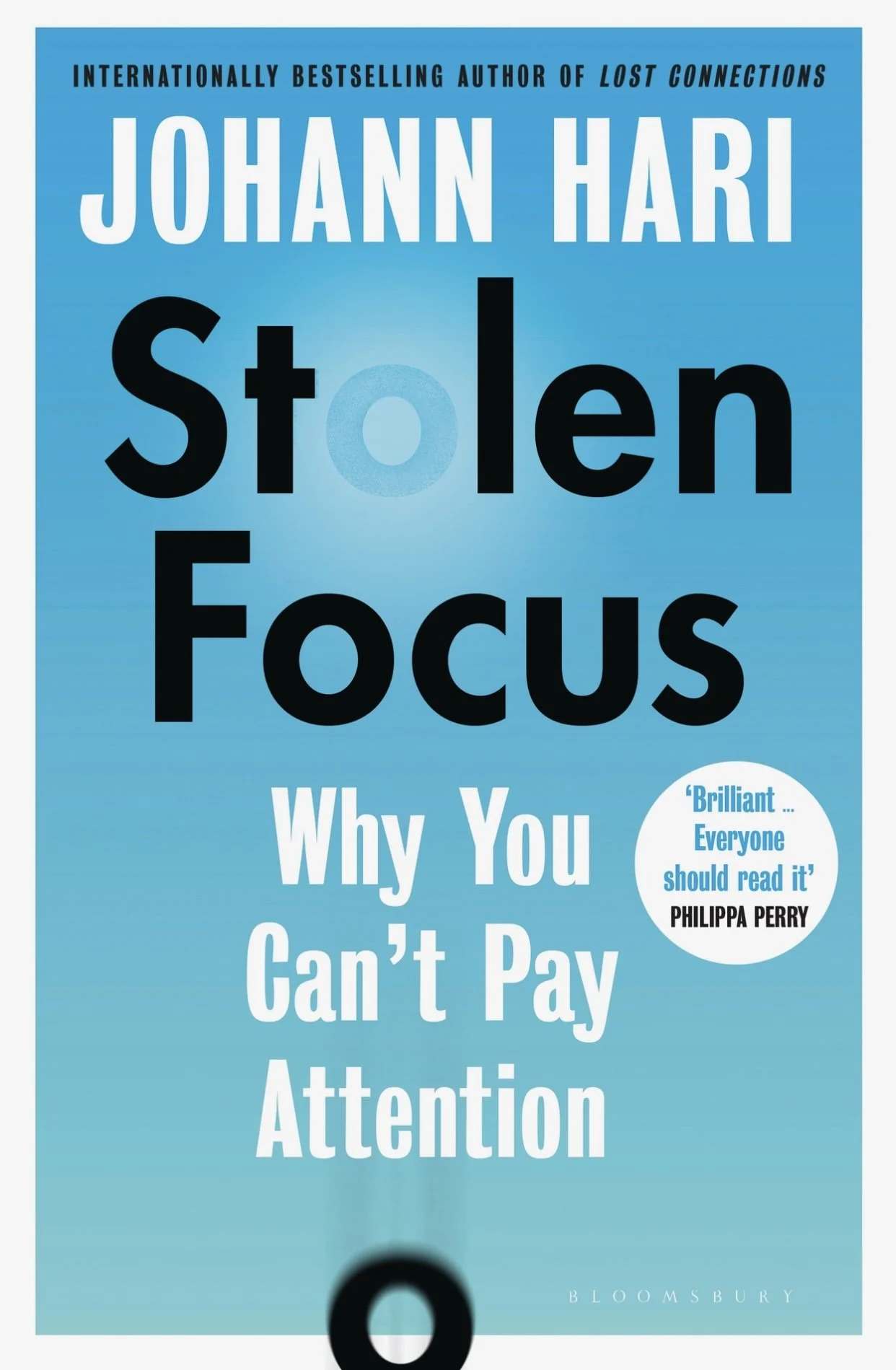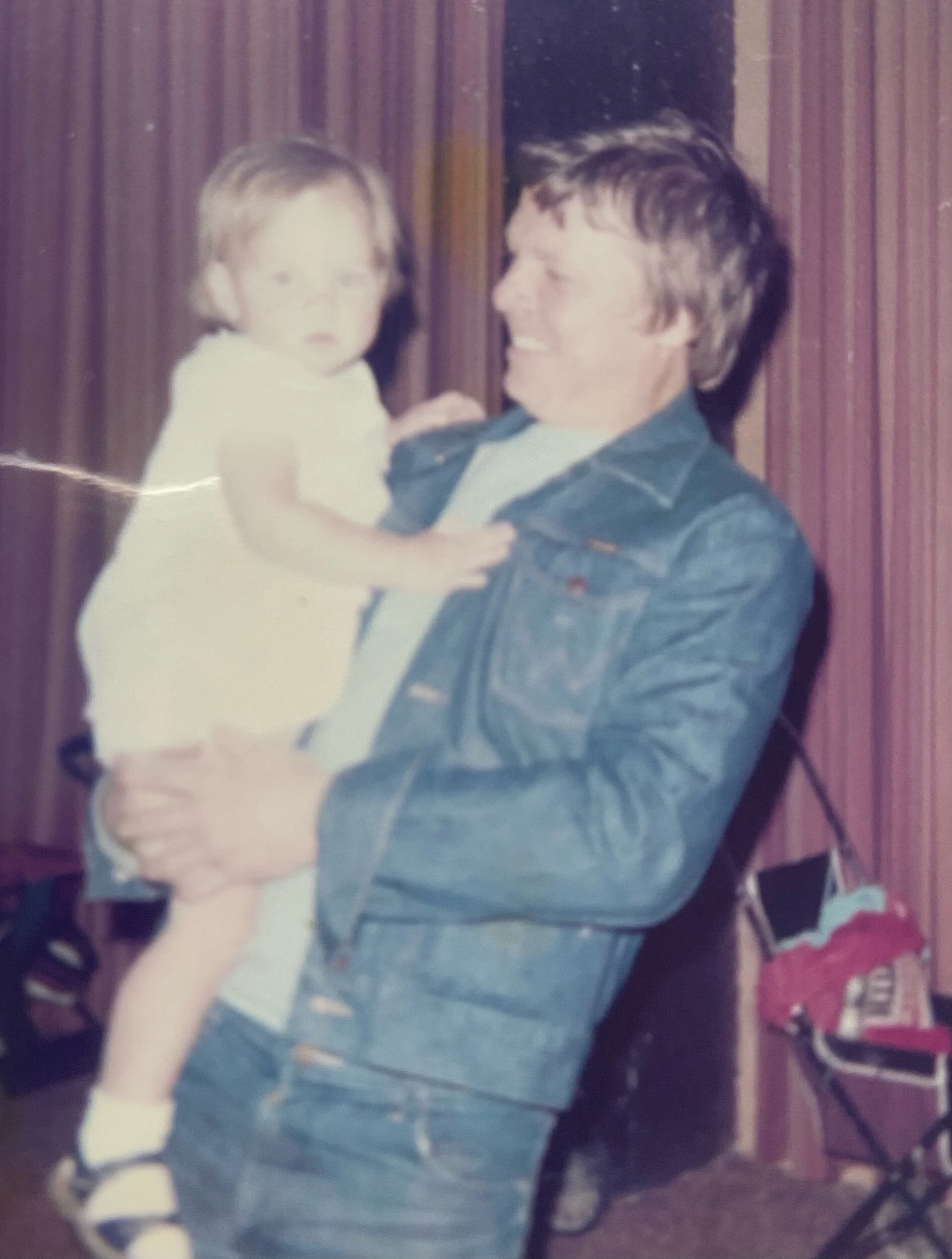This is going to be a dramatic opener….stress is a killer! Yes, a little bit of stress can be a good thing, it can push us to do better than we would have otherwise, but chronic stress, the type that hangs around for weeks, months, years, is not good for us. At all. So if you’re a stressy type of person, it’s something you need to work on.
The good news is that there are things you can to reduce your stress levels and a lot of them are in your control. Firstly, stress starts in the mind. We think ourselves stressed, and we can choose to actively notice those thoughts and change them. Here’s an example. Say you’re running late and it’s making you feel stressed. Consider the impact of running late. Is it really a big deal? Is it life or death? Or even life changing? If it’s not, then just putting into words the consequences of you being late can help reduce the stress you’re feeling.
Secondly, there are things we have control over and things we don’t. So in the example about running late, one of the things we can control is being organised, prepared, knowing how long things are going to take, and even adding in a bit of contingency into the planning so that you do what you can to be on time. The flip side of that is there are things out of your control, like a road closure or accident that mean, despite your best intentions, that you’re not on time. Resilient people put their energy into the things they can control rather than the things they can’t control, so they don’t spend time worrying about the latter because it doesn’t serve anyone to do so. Focusing on the things you can control helps because it means you’re taking useful action to help things turn out right. That’s the difference. No guarantees but it’s more likely to be the outcome you want it you’re intentional about it and take action towards it.
Finally, there are things you can do to actively manage your stress levels and the good news is most of them are free and relatively easy to do. Exercise is the first that’s usually suggested and I have to agree it’s not just useful in reducing stress levels, it’s all round great for us too. But a word of caution. If you’re already feeling stressed or you’re prone to stress, finding an exercise that calms you can make a big difference. Pushing yourself too hard when you’re already stressed can have a negative effect on you, whereas something like a gentle walk in nature or yoga might be a better option. Listen to your body and notice how you feel afterwards.
Spending time actively pursing your hobbies is another way to reduce your stress levels; getting into a flow state signals to our body that we’re safe. Other signals that help our body feel less stressed are breathing changes. Deep breathing and concentrating on your breath can help, there are breathing exercises you can do online, but also a simple breath in, hold, exhale, hold (all for a count of four) will help regulate too. It’s an easy one to try. Meditation is something that I find works for me, I do a guided meditation as I find the repetition helps me relax into it quickly and I feel much better in a short space of time (I do ten minutes).
When I’m feeling very stressed one of the things I’ve found works for me is tapping. Now I think this is a bit woo woo but ultimately it’s acupressure, so a relative of accupuncture which has been scientifically proven to work, so on that basis I don’t think it’s too crazy. Tapping is also known as EFT or emotional freedom technique. You can find guidance online for free that shows you what do but essentially you use your fingers to tap on various points around your head face and upper body. I’m not sure whether it’s the routine or doing it, or the acupressure, but it’s the one thing that has helped me in moments of intense pressure when other things didn’t so I think it’s worth a try.
There are two other things that are really effective at closing the stress cycle. The first is crying. Holding in emotions literally keeps them inside, but having a cry does get it out of your system so next time you feel upset or angry or frustrated and feel those tears, go with it.
The last thing I want to mention is my favourite way to close the stress cycle and it’s something I do regularly and which I credit with reducing my stress levels significantly and that’s cold water therapy. With a blast of a cold shower, a dip in a cold tub, or best of all a swim in the sea, the shock from the cold gives you an acute stressor and when your body adapts it closes the stress cycle for the low level ongoing stressors too. I’m my experience, there is something else you get from the swim in the sea, possibly relating to the sea water or the muscles used, or just being in nature, but it makes me feel relaxed like nothing else does, and I sleep like a log afterwards. If it’s something you want to try just make sure you do it under the right guidance and supervision, join a wild swimming group, build up slowly and always make sure you’re safe. Let me know your favourite ways to de-stress in the comments!




